A recent production of Shakespeare’s great tragedy puts the viewer at the center of the intrigue and revenge.


A recent production of Shakespeare’s great tragedy puts the viewer at the center of the intrigue and revenge.

Because most gang violence can be attributed to retaliation, the city of San Diego has implemented a program in which former gang members intervene with victims and persuade them not to seek revenge.

Hatred is borne from many factors, both neurological and sociological; it can lead people to seek vengeance and leaders to implement large-scale atrocities such as the Holocaust.

Victims of crimes sometimes have a say in the cases’ outcomes in a process called restorative justice. Listen to this radio interview to hear more about how it works.
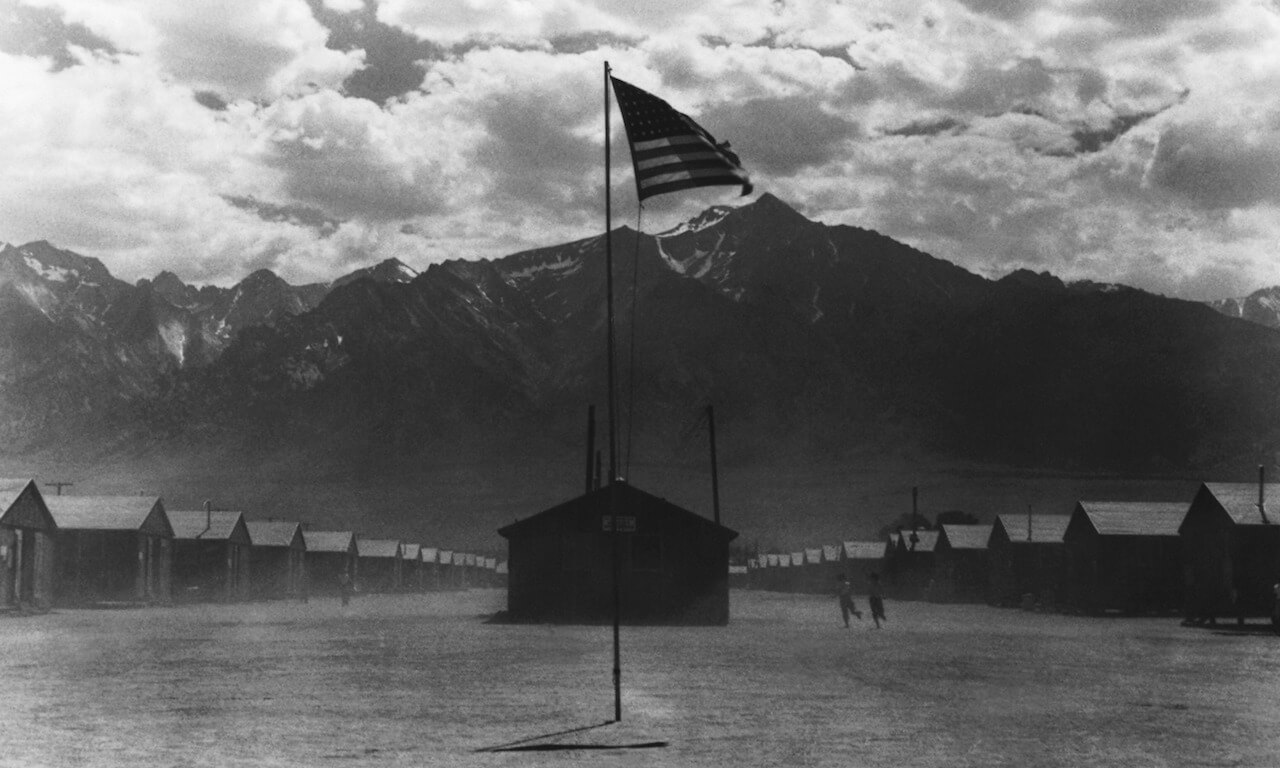
Philosophy professor Nick Smith recounts the history of apologies made by national governments, and reflects on their significance.
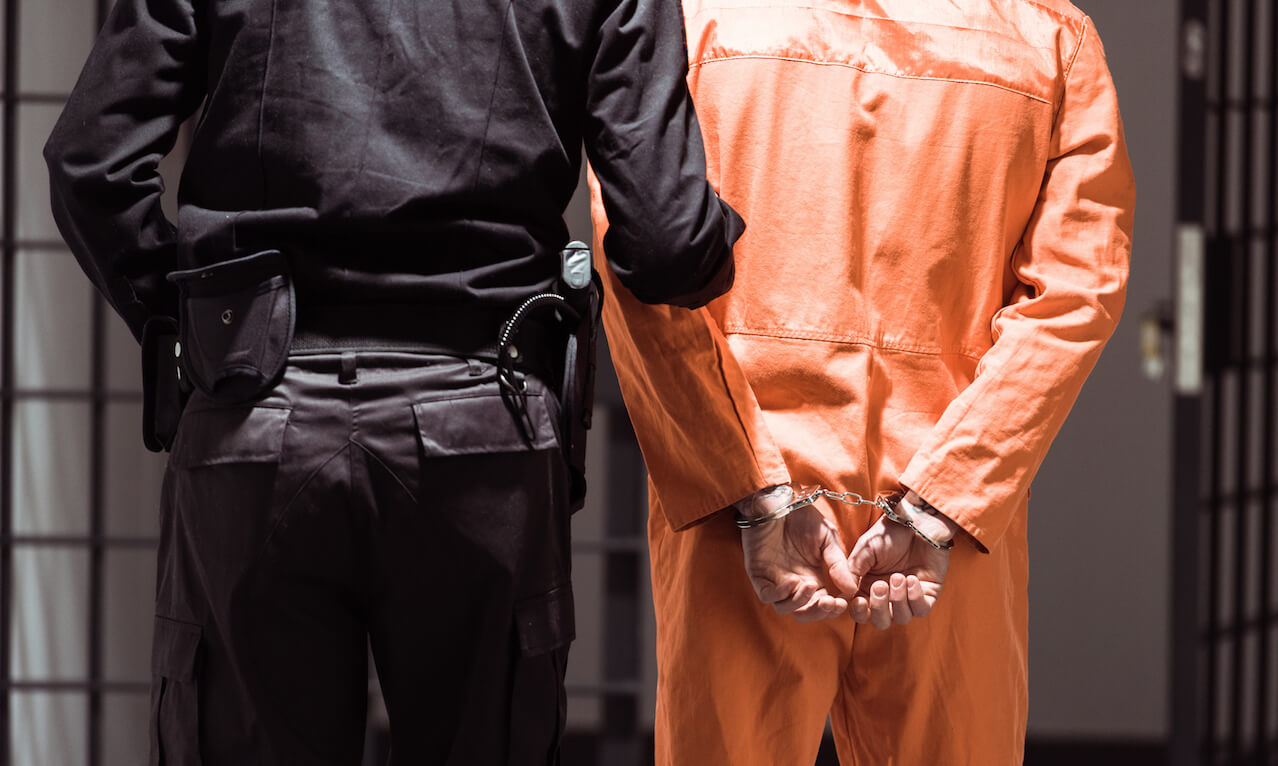
Former district attorney Lucy Lang questions what justice for violent crimes is, argues that prison conditions should be improved, and calls on prosecutors to be on the front line demanding change.
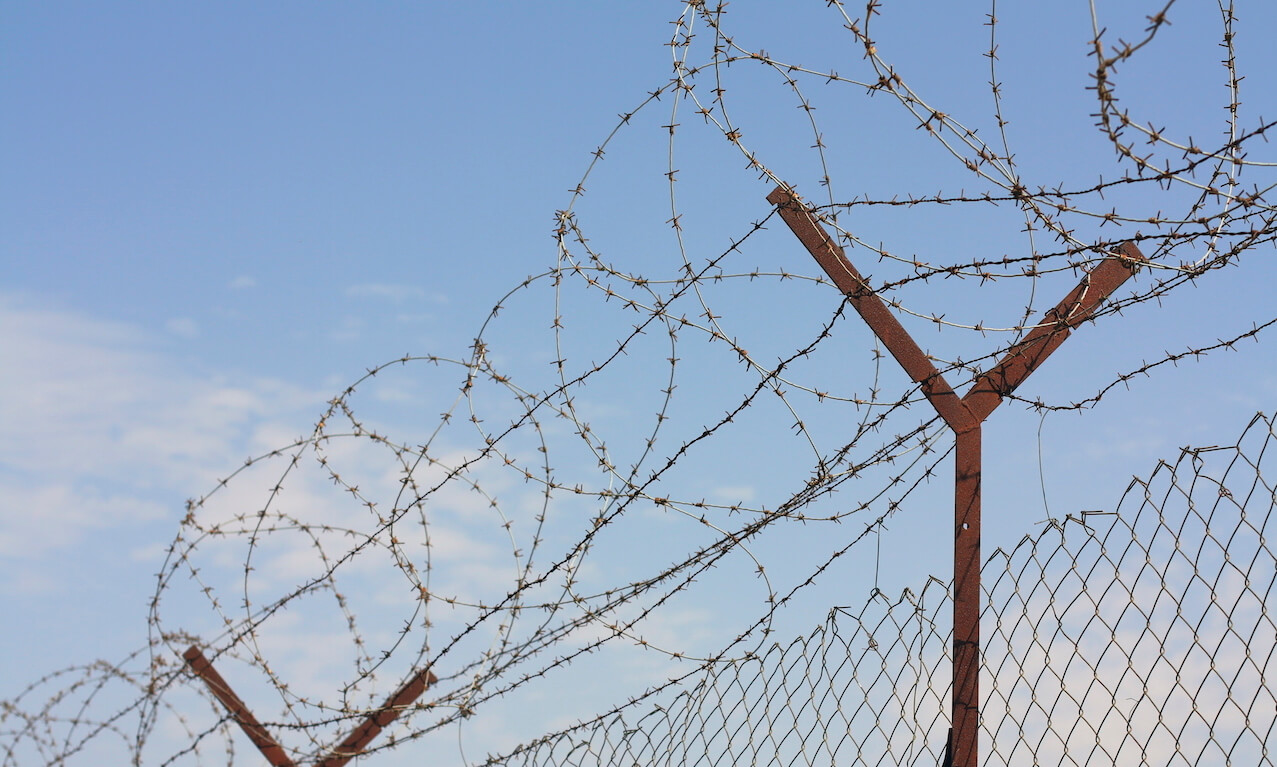
In Chicago, a program brings Israeli and Palestinian teenagers to the United States to hear each other’s stories. Read the article for more about its goals.

This article explains how Rulfo’s childhood experiences during a violent period in Mexico’s history inspired “Tell Them Not to Kill Me!” and other notable short stories.
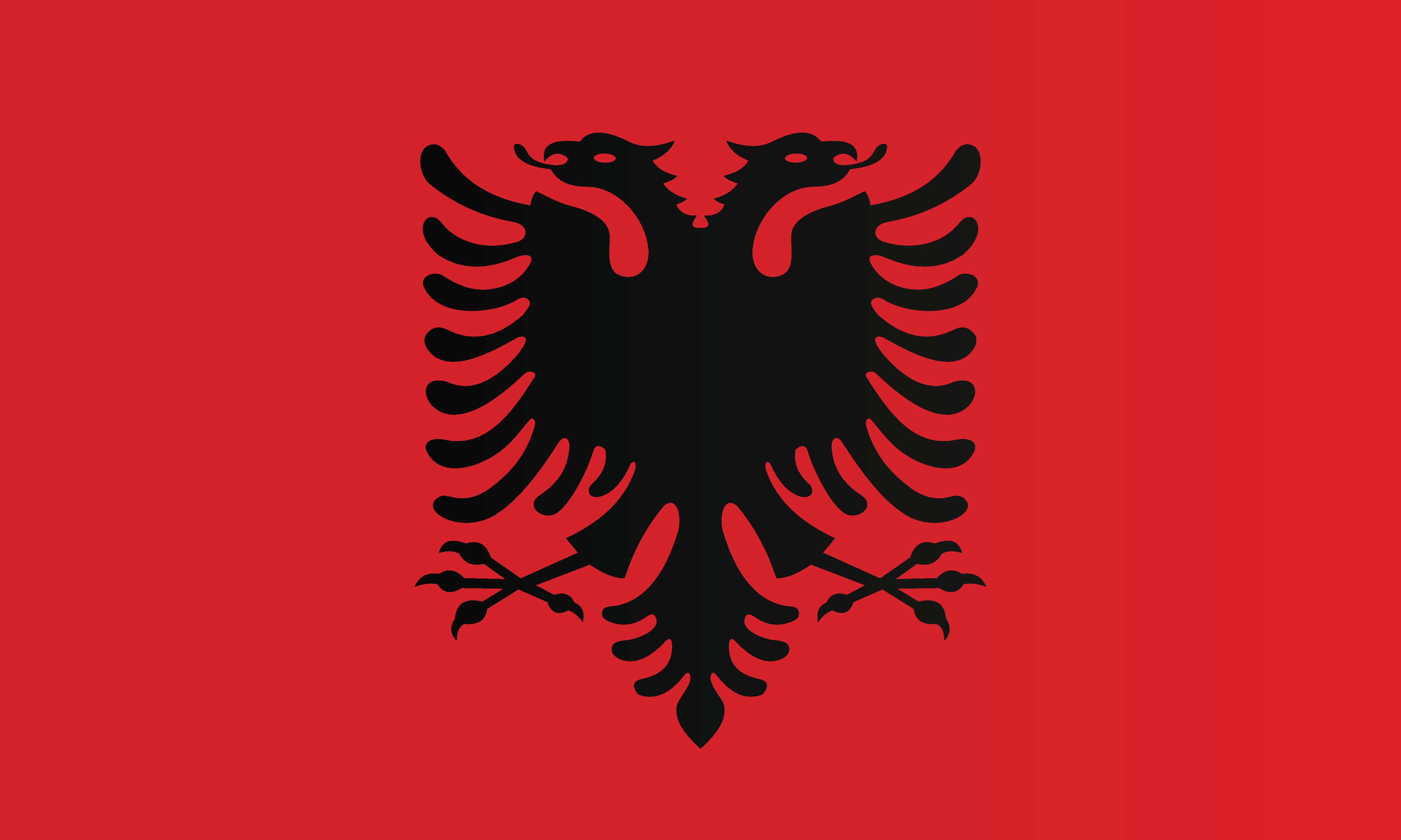
This article details the life of people in Albania impacted by generations-long “blood feuds.”

More than two years after a peace accord was signed in Colombia, the country continues to dispute its provisions.
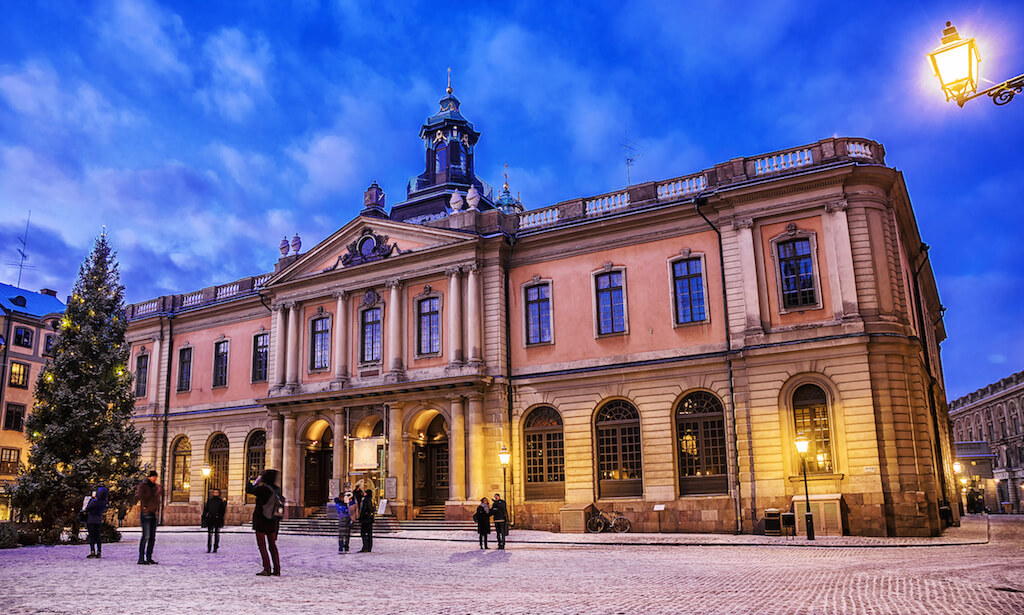
Read about the history of the Nobel Peace Prize and some of its recipients.

A decades-long study shows how children handle conflict early in life affects their health as adults.

Journalist James Richradson argues that sports can break down barriers and bring people together.

Revenge is sweet, the saying goes. But in fact, research shows that seeking revenge is likely only to make things worse.
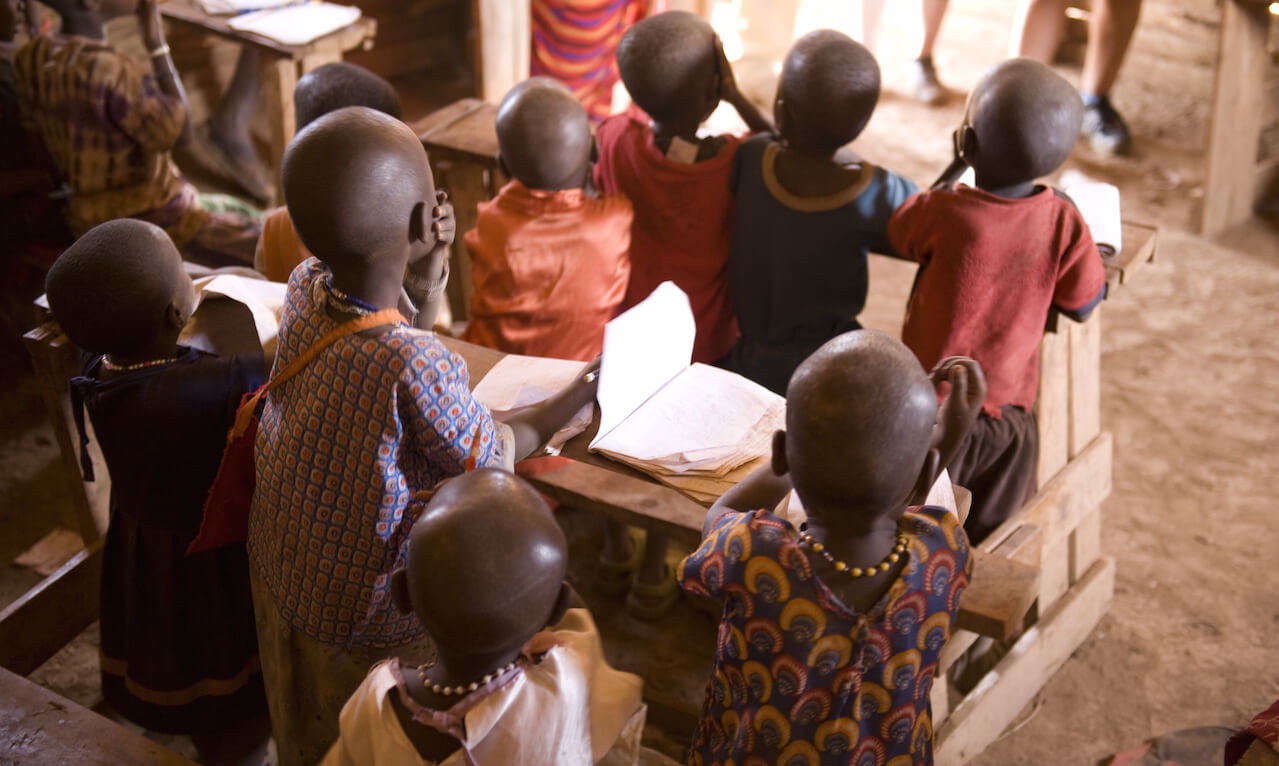
Author and professor Severine Autesserre argues that building peace starts with individual communities.

In one study, German scientists found that young children display a sense of justice. Read about the experiment that led to the conclusion.
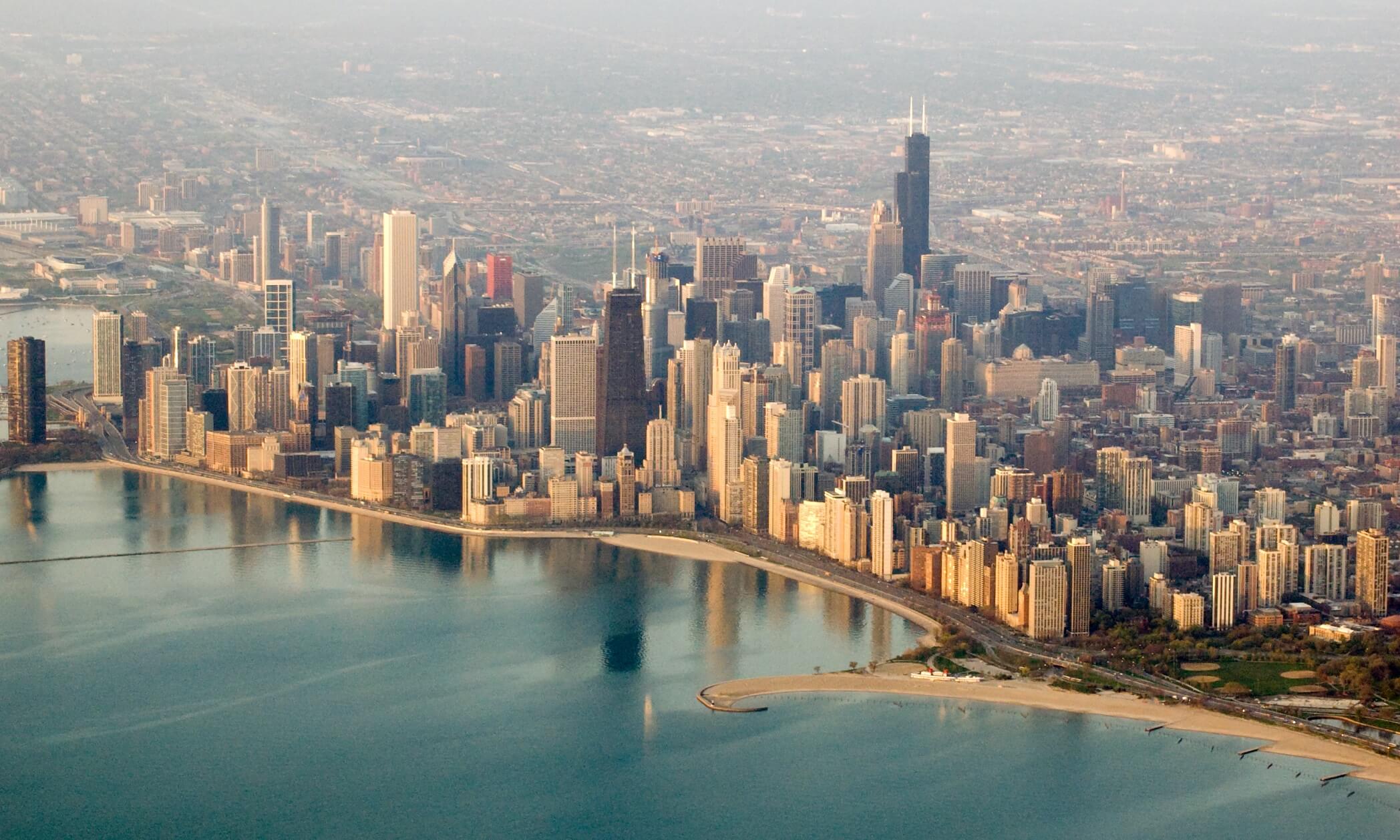
The Chiago Tribune editorial board argues that the first step to ending violence in Chicago neighborhoods is to start solving more cases.
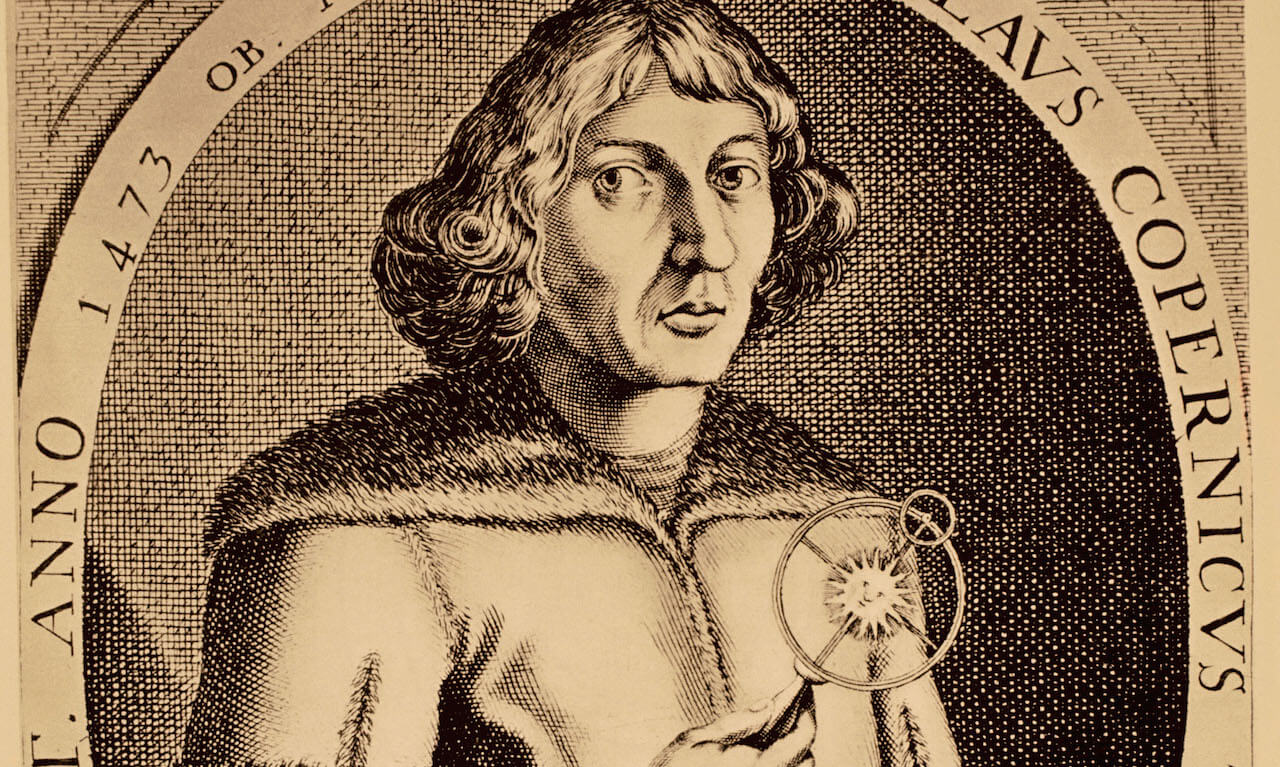
While many scholars believe Shakespeare was not aware of scientific advancement in his time, a few propose places in Shakespeare’s plays that give a nod to Copernicus and Galileo.
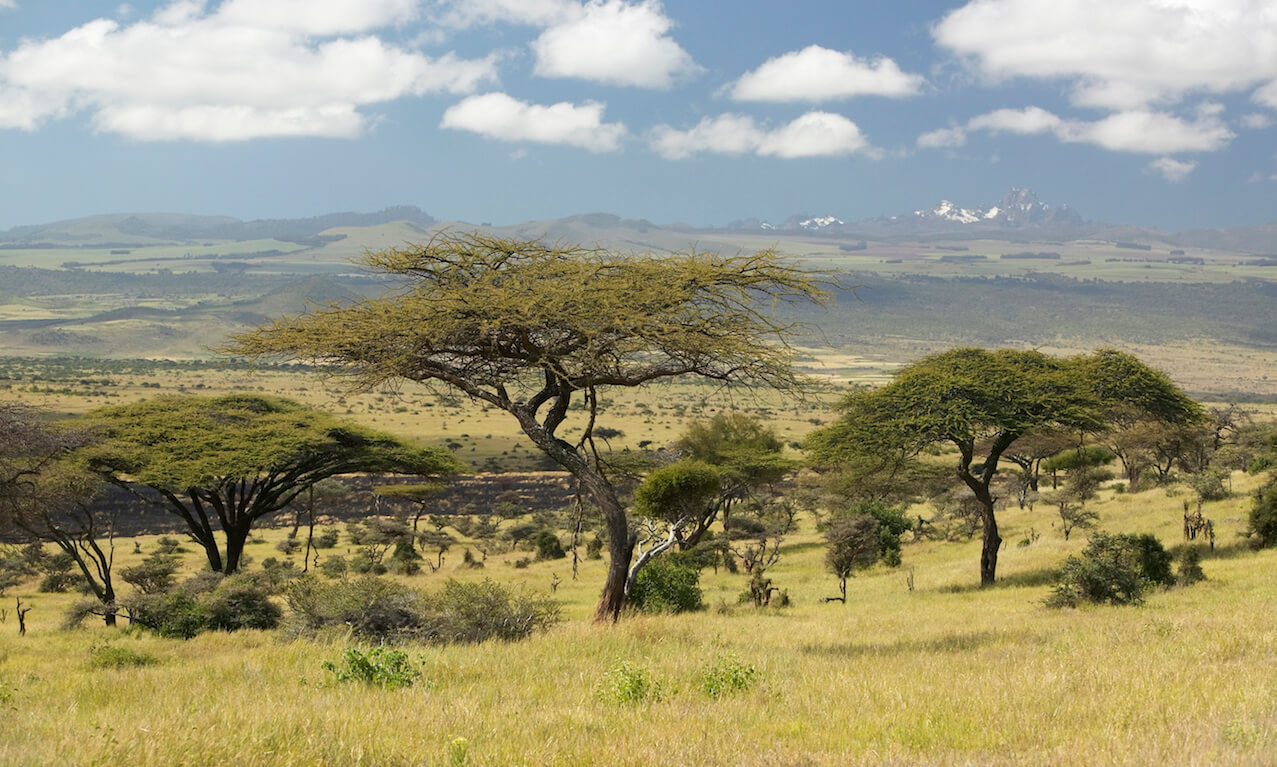
This video gives an overview of the impact human rights activist and environmentalist Wangari Maathai had in Kenya.

How does a nation seek justice and peace after a terrible national conflict? Explore how seven countries have addressed their troubled histories.